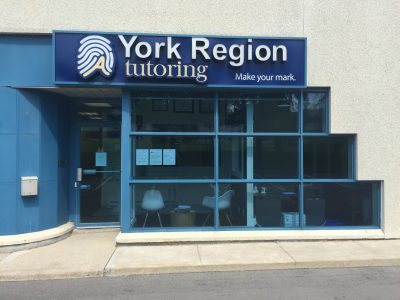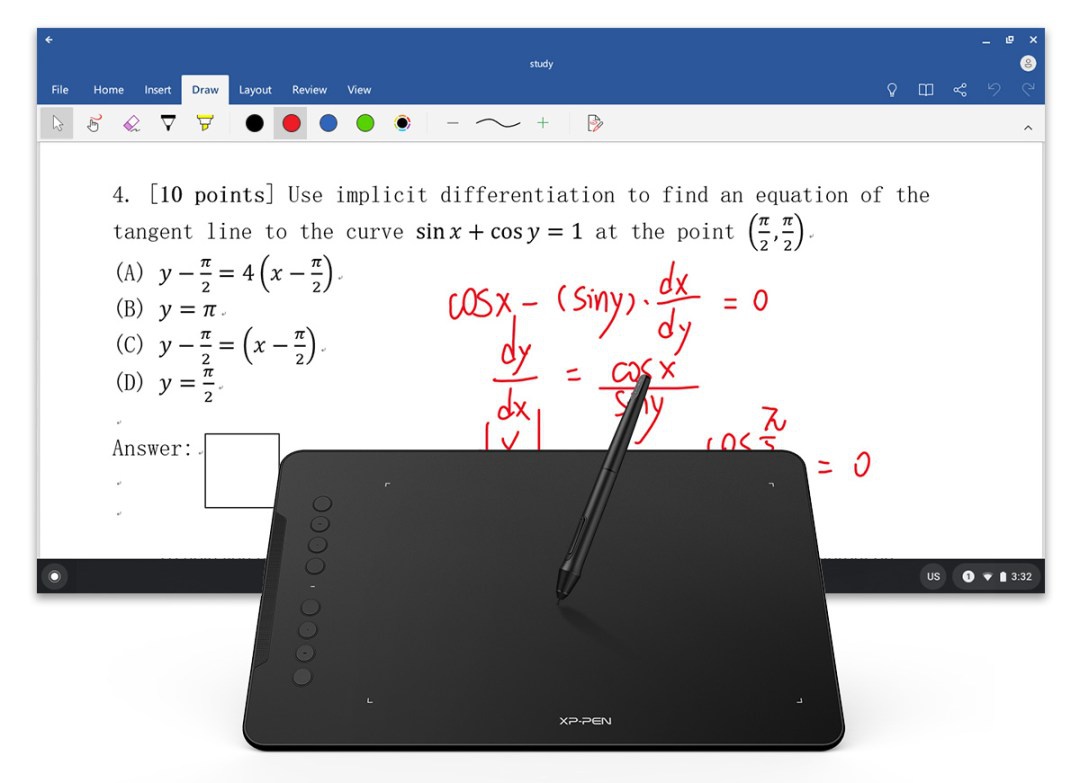Applying to engineering programs in Ontario is more than just achieving good grades. Many universities require supplementary applications to assess your skills, experiences, and personal attributes beyond academics. These applications help universities understand who you are as a person, how well you fit their program, and whether you have the problem-solving mindset needed to succeed in engineering.
Each university has different requirements, so it’s important to plan ahead. Below is a breakdown of the Ontario universities that require a supplementary application for engineering and what you can expect from each.
1. McMaster University – Mandatory Supplementary Application
McMaster University’s Faculty of Engineering requires all applicants to complete a supplementary application. This is a crucial part of your application because McMaster does not base admission decisions solely on grades.
What Does the McMaster Supplementary Application Include?
- The application consists of four questions: three require video responses, and one requires a written response.
- The total time to complete the application is about 20 minutes.
- You will receive an email within 10 business days of applying through OUAC, inviting you to complete the supplementary application.
Why is this important?
McMaster uses this to evaluate your communication skills, problem-solving abilities, and personality traits that might not be reflected in your grades alone. Make sure to practice speaking clearly, think about common engineering-related questions, and provide structured, thoughtful answers.
More information can be found here.
2. University of Waterloo – Admission Information Form (AIF) & Optional Interview
Waterloo Engineering is one of the most competitive engineering programs in Canada, so they require additional information to make admission decisions.
What Does Waterloo Require?
- Admission Information Form (AIF): A mandatory form where you provide details about your extracurricular activities, work experience, awards, and engineering-related interests.
- Online Interview (Optional but Recommended): Some applicants will receive an invitation to an optional online interview, where they answer questions about their interest in engineering and problem-solving skills.
How Does This Help?
Waterloo uses the AIF to assess more than just grades—they want students who are involved in STEM activities, clubs, volunteer work, and leadership roles. The online interview allows you to showcase your enthusiasm for engineering and explain why you’re a strong candidate for the program.
More information can be found here.
3. Western University – CASPer Test
Western Engineering requires applicants to take the CASPer Test, an online situational judgment test. This is different from a traditional supplementary application.
What is CASPer?
- It’s an online test that assesses your non-academic qualities, such as problem-solving, communication, teamwork, and ethical decision-making.
- The test consists of video-based and text-based scenarios where you’ll have to answer how you would react in certain situations.
- The test is timed, so practicing beforehand can help you become comfortable with the format.
Why is This Important?
Western wants to ensure that their engineering students have strong critical thinking and ethical reasoning skills in addition to academic abilities.
More information can be found here.
4. Queen’s University – Personal Statement of Experience (PSE)
Queen’s Engineering requires applicants to complete a Personal Statement of Experience (PSE) as part of their application.
What is the PSE?
- The PSE is a written statement where you describe your personal experiences, extracurricular activities, leadership roles, and volunteer work.
- Some faculties may also require an additional essay question specific to engineering.
How Should You Approach the PSE?
This is your chance to stand out and show Queen’s that you are more than just grades. Write about:
- Your passion for engineering (e.g., did you build anything cool? Do you love problem-solving?)
- Any leadership experiences (e.g., captain of a robotics team, head of a science club)
- Volunteer work, part-time jobs, or community involvement
- Challenges you have overcome that shaped your character
More information can be found here.
Final Tips for Supplementary Applications
1. Start Early
- Many students underestimate how long it takes to write a strong supplementary application. Start preparing your responses well before deadlines to avoid last-minute stress.
2. Practice Your Communication Skills
- Some universities require video responses (McMaster, Waterloo) or online interviews. Practice speaking clearly and confidently so you can express your ideas effectively.
3. Highlight Your Strengths
- Don’t just list activities—explain what you learned from them. Universities want to see how your experiences have shaped you into someone who will thrive in engineering.
4. Proofread Everything
- Spelling mistakes and unclear answers can make a bad impression. Have a teacher, parent, or mentor review your work before submitting.
Conclusion
If you’re serious about getting into an engineering program in Ontario, grades alone won’t guarantee admission—you’ll need to prepare for supplementary applications. Each university has different requirements, so make sure you understand them early in the application process.
By starting early, practicing your responses, and highlighting your passion for engineering, you’ll maximize your chances of getting into your top-choice university.
Good luck with your applications!






